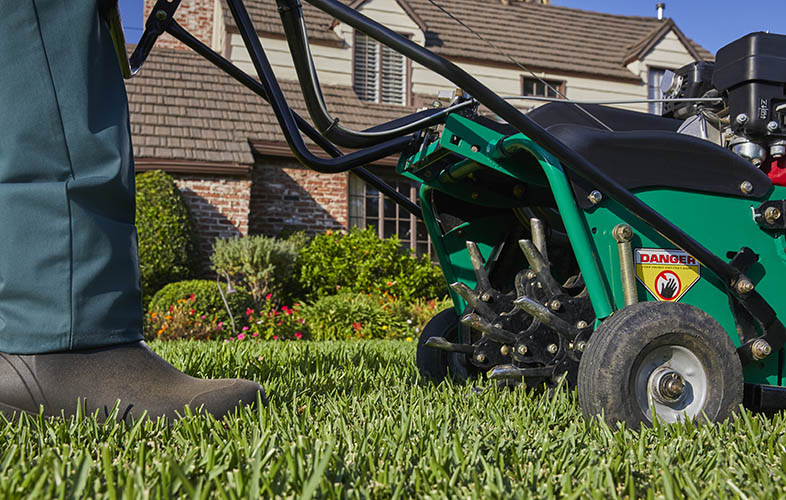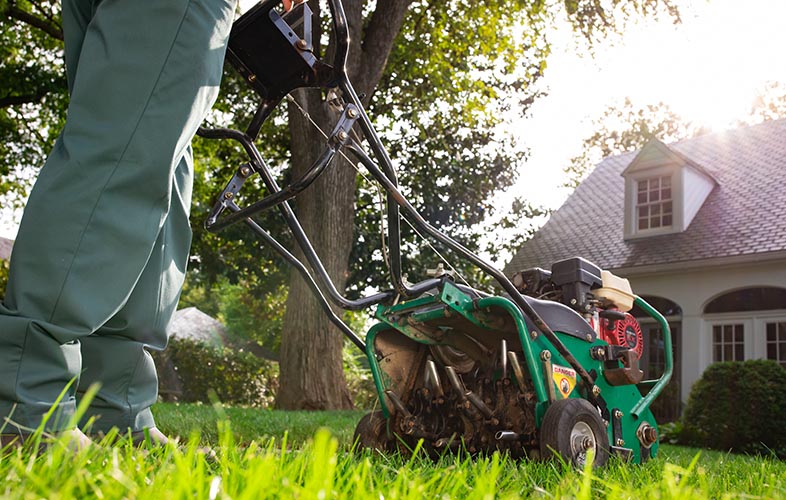A lush, green lawn isn’t magic; it’s the result of smart, consistent lawn fertilizer care. Giving your grass the right nutrients helps it grow thicker, greener and stronger, so it can bounce back from seasonal stress and fight off pesky weeds and stubborn pests. In this guide, we’ll walk you through everything you need to know about lawn fertilizer care, from picking the right type of fertilizer to knowing how often to feed your lawn, plus expert tips to keep it healthy and vibrant all year.












 Back to all blogs
Back to all blogs
Facebook
X
Youtube
Copy Link
Email